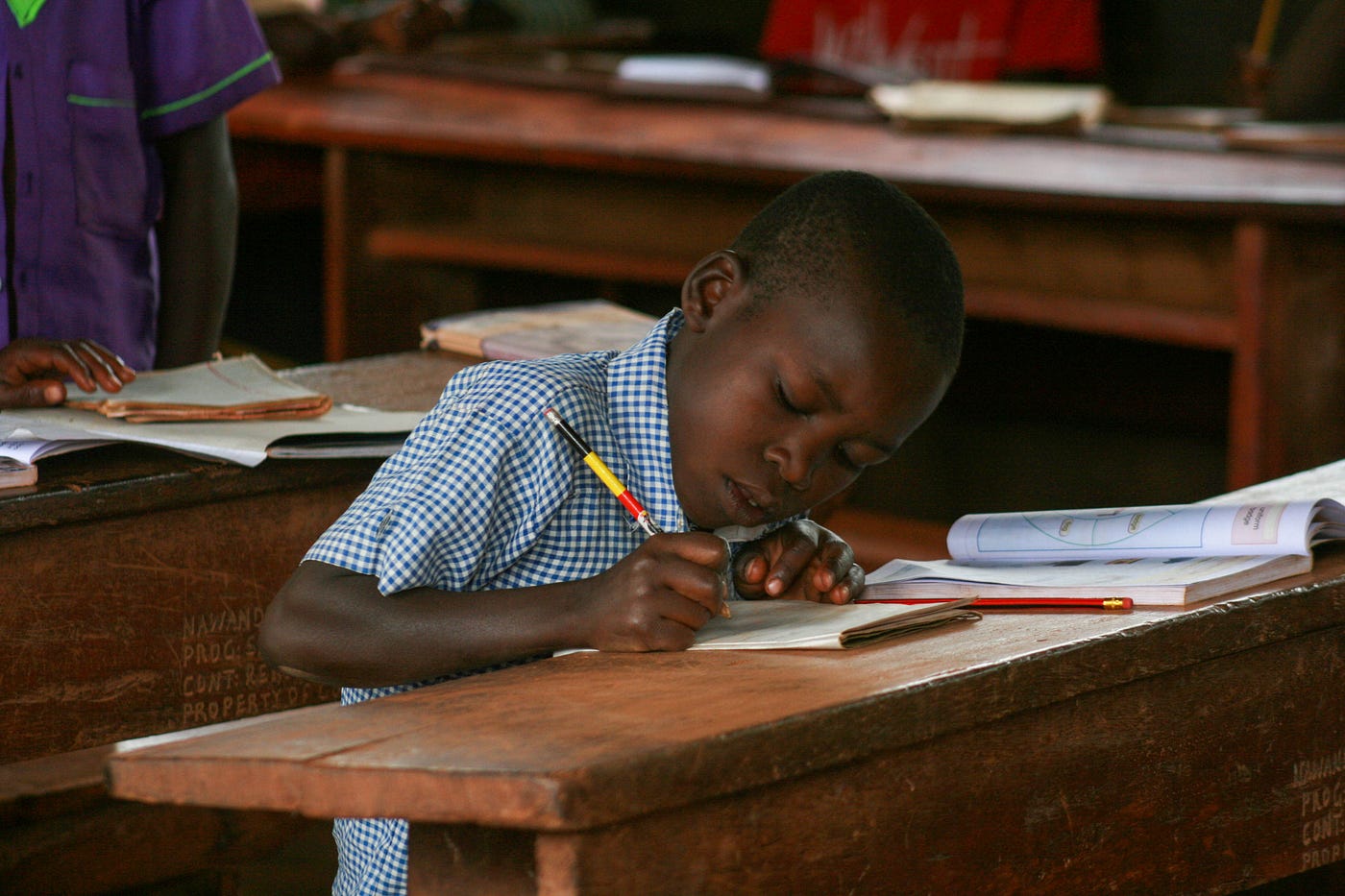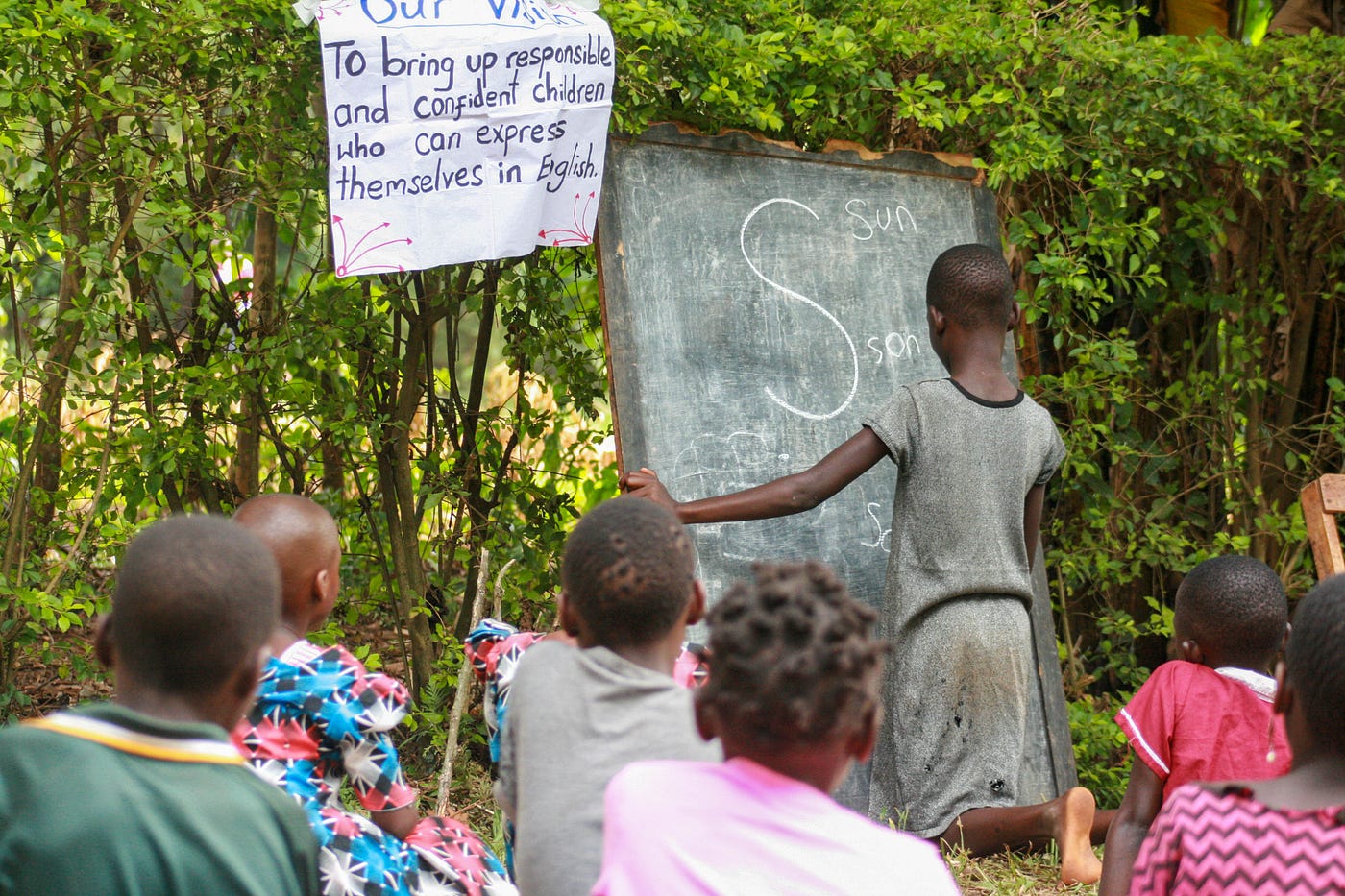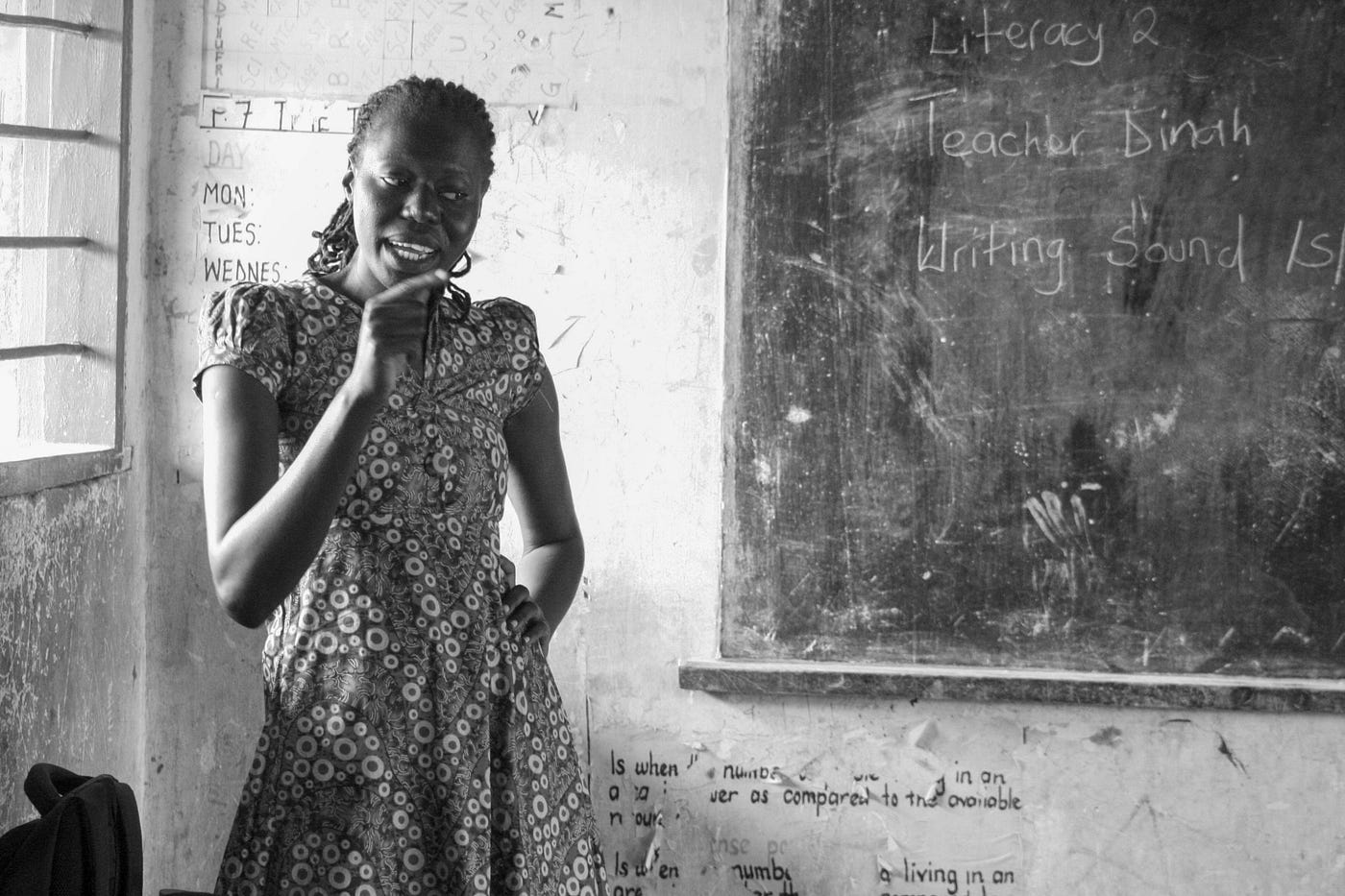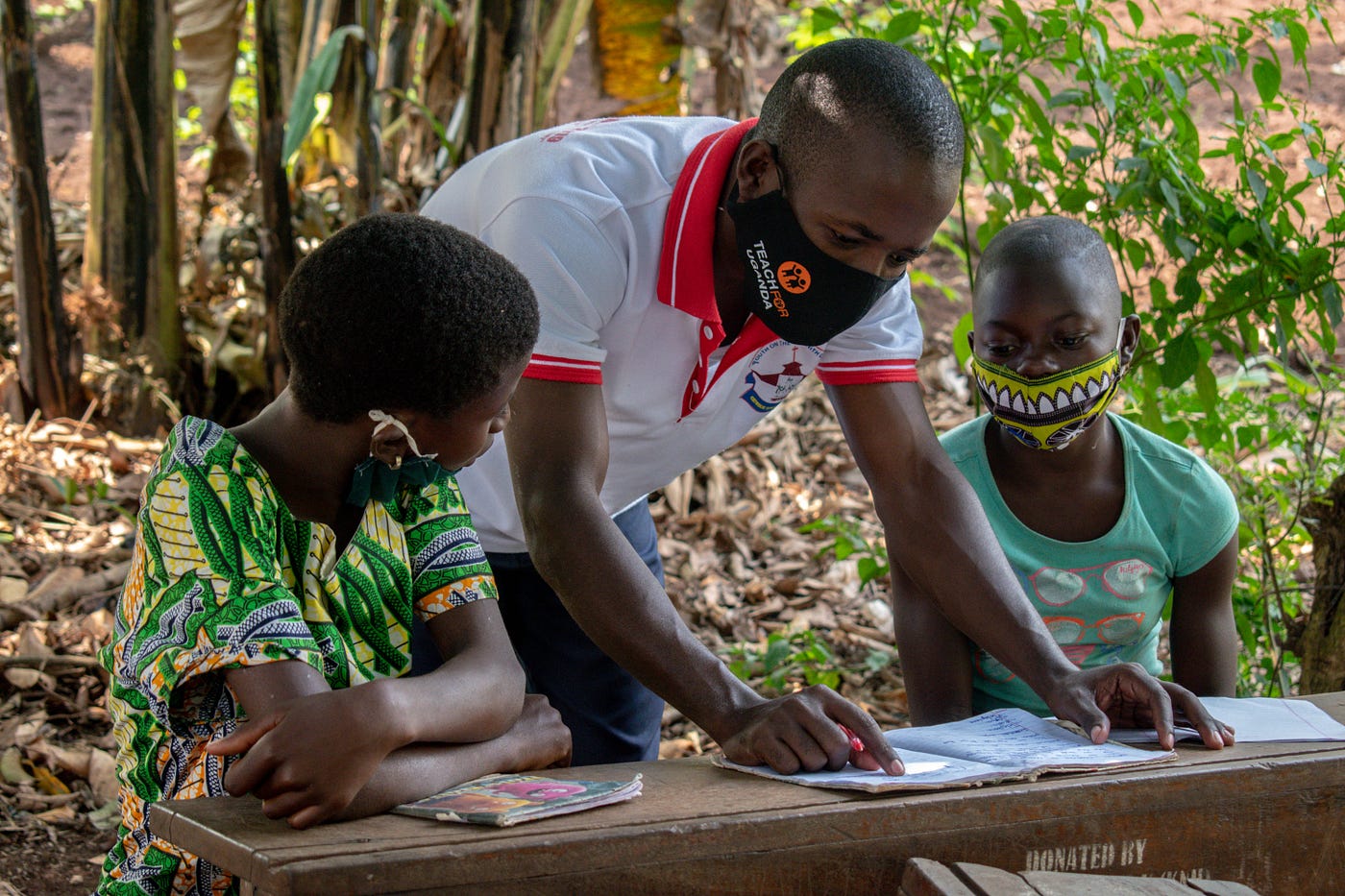
The Universal Primary Education (UPE) program was introduced in 1997 for all people that wanted to access primary education to do so tuition-free. It has now become the provider of primary education for the majority of children in Uganda. However, this special program has earned the spotlight for all the wrong reasons since its inception. Therefore, it is only fair that Ugandans get to know the ugly truths about the kind of education system in place for their children — as they set them on a path to reap the fruits of education that many have failed to.
The rot in the UPE program substantiates the back-fence talk that its introduction was for political boast by the government rather than genuine concern and strategy to reduce the levels of illiteracy in the country. The foot-dragging towards rectifying the glaring flaws in this system — to be discussed herein, also suggests another earful of deliberate mistakes. However, I seek not to cement those arguments; but rather to let you peep into the insides of the UPE program and digest what you see on your own.
As a country, we are fallaciously convinced that all our problems have one obvious solution, ‘more money’. Many leaders in the education space claim that ‘more funding’ will provide the solutions to our boggy education system. For your information, education is the 4th most funded item on our national budget receiving over 3.6 trillion UGX, a fairly decent share! Not close to enough, but enough for us to be in a much better place than one we are in now — only if we were willing to show the slightest effort and the right mindset towards proper allocation, use, and accountability for the available funds.

Let us take a deeper dive into the administrative flaws and failures that span the entire UPE program, from the ministry, down to the education assistant (grade III teacher) in that UPE school you might have attended or known of in your village.
Biased recruitment: The quality of the worker you employ is the quality of work you get out of them. Despite that, there is no regard for that standard as far as the recruitment process of the UPE system is concerned. Aspiring headteachers are known to frequent the district education offices to lobby for this job, while those that are already employed lobby for transfers that suit their agendas. UPE/government teachers are also recruited on a basis of ‘technical know-who’ and bribes. This non-merited recruitment has left the system littered with un-deserving, lethargic, and incompetent persons tasked with an extraordinary and honorable task of grooming the future of this country. Sadly, it is the children that suffer the grave repercussions of such jobbery. These teachers cannot afford them the quality education they deserve, let alone prepare them well enough to pass the Primary Leaving Examinations.
Ghost students: This is the epitome of this corrupted system. The per-head funding system employed in the UPE program became the loophole where the number of pupils recruited is inflated by government officials and headteachers for their gains — right from the top, the ministry, to the classroom level. A school with 500 pupils can over-declare up to 600 pupils to unscrupulously receive excess funds. Alas, this is common knowledge to all school inspectors and other authorities; no action is taken against this racket that they are a party.

Lack of accountability: When theUPE capitation grant reaches the school’s account, rarely on-time for that matter, it is solely in the hands of the headteacher. Usually, a chart is pinned in the office indicating the breakdown of the expenditure on items like ’29 counter books for 290,000 UGX’, ‘2 new balls for 140,000 UGX’, etc. However, this expenditure normally remains on the chart as none of the declared items are purchased. According to these charts, Items like balls are purchased every term but are never seen in the school. Furthermore, these UPE schools still unlawfully collect more money from the parents for causes like, teacher allowances and money for tests — which the pupils barely sit for. This kind of money is rarely or never accounted for to the annoyance of the parents. These transgressions have dragged the whole UPE system in the mud and have created never-ending friction between the schools’ administration and their serving communities.
Teacher absenteeism and lethargy: UPE teachers are assured of their salaries, with no one they are accountable to, many shirk at will. They go to school twice or thrice a week and pretend to teach just for formality. The one at loss here is always the student, who is also happy when the teacher does not show up as it is a chance for them to play or escape to the nearest trading center. When the teacher bothers to teach, they place their chair in the corner of the classroom and narrate a certain study topic to a class congested with more than 150 pupils. They pay no regard to the pedagogical approaches like lesson planning, proper classroom management, explicit and differentiated instruction, and use of proper learning aids — as long as pupils humbly respond in unison, ‘yes teacher’ to every question.

Instruction language: In 2006, the Ministry of Education, Science, Technology, and Sports introduced the Thematic Curriculum along with the local language policy which stipulates that a local language should be used as the medium of instruction in P1-P3 with English as the medium of instruction from P5 onwards. P4 is meant to be the transition year where the local language is phased out and English is phased in. This policy has been religiously adopted by a majority of the UPE Schools especially in the rural areas. This means a child reads and writes all content in their local languages like Luganda or Lusoga for a full three years while learning English for just a learning period of 30 minutes a day. What a recipe for disaster! For arguably their best years of learning, these children are made to minimally interact with English, the instructional language they require mastery in for the rest of their academic life. The backlash of this blunder is evident in most UPE schools. A P1-P3 pupil is barely able to construct a correct English sentence, let alone read the simplest English words like girl, boy, axe, banana, to mention but a few. As these children enter P4, they are expected to start reading and writing English words and sentences they haven’t interacted with the prior three years — it is in this treacherous transition that many get lost and even lose interest in studying. This evil haunts them for the entire academic life as many entirely fail to master the basic concepts of English. Given a P4 science question paper, A P7 pupil demonstrates knowledge of over 80% of the content and concepts. However, they cannot write even 20% of the answers correctly in English. This phenomenon poses many questions to the local language policy and the monitoring strategies that were put in place after its implementation if any. How it has not yet been reversed is a mystery to ponder.
On the other hand, the majority of the private schools did not adopt the new local language policy that was introduced by the government and stuck to the old way — where English is used as the instruction language. Consequently, they have outdone their government counterparts at every turn. Yet, the majority of these private schools struggle to remain afloat owing to financial constraints, especially in rural areas. The teachers in these schools earn less than half what the government teachers in UPE schools earn. School structures in many of these private schools are made of papyrus or wood; but still, their pupils ooze confidence and show better mastery of the English language and the learning content.
To put it succinctly, many flaws and failures of the UPE program have been deliberately institutionalized — with no evident effort or strategy to rectify them. This presents even a bigger challenge that should leave all of us weary in praxis to decelerate this progressive descent, for continuation along this ridiculous trajectory risks creating a whole generation(s) of educated-illiterate Ugandans.

